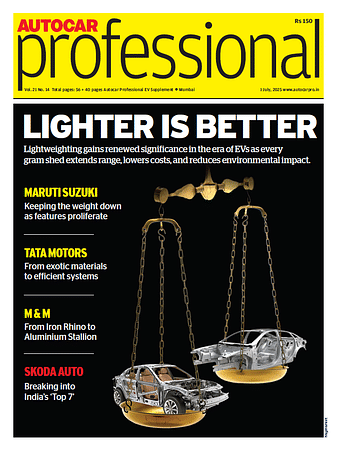1-litre Kappa petrol, 1.1 diesel to power next-gen Hyundai i10
The country’s second largest carmaker Hyundai is believed to be launching a new 1-litre three-cylinder petrol Kappa engine for the Indian market which will power the next-gen i10 model (codename BA), slated for an India launch in September 2013.
The country’s second largest carmaker Hyundai is believed to be launching a new 1-litre three-cylinder petrol Kappa engine for the Indian market which will power the next-gen i10 model (codename BA), slated for an India launch in September 2013.
The new model, a hatchback, will also get a diesel option that will include a 1.1-litre diesel engine, the smallest in Hyundai Motor India’s portfolio as the current diesel engines available are of 1.4 and 1.6-litre capacities. The premium i20 hatchback is powered by a 1.4-litre diesel. The i10 currently does not have a diesel range.
The 1-litre engine could be used in future Hyundai models as well. Currently, Hyundai’s 1.2-litre Kappa engines power the i20 and i10 platforms but these are four-cylinder models. The current i10 also offers a 1.1-litre Epsilon engine variant and the new 1-litre Kappa petrol is expected to slowly phase the older motor out, say sources in the know.
Kappa engines are more technically advanced and being more refined and smooth, offer better pick up and drive. Moreover, the 1-litre Kappa despite its small displacement and extreme light weight will sport higher torque and power.
The carmaker is believed to be looking at producing about 165,000 units of these engines annually in the long-term though initial numbers will be smaller. Capacity can be further ramped upto 200,000 units, depending on demand. However, whether Hyundai will install flexi-engine lines to produce both petrol and diesel engines on the same production line, like Ford India, is not clear.
The 1-litre Kappa is being developed specifically for the Indian market at Korea and will be manufactured at Hyundai’s Sriperumbudur facility at Chennai where a new setup is being established for producing them. The carmaker will also produce the 1.1-litre diesel engine at the facility starting September next year.
Hyundai is looking to localise its components of the diesel engine to the maximum with work on the new facility having already started within its Sriperumbudur premises.
Meanwhile, the initial prototypes of the 1-litre Kappa petrol are expected to be ready by the year end when they will undergo initial batch runs in Korea. Thereafter, initial run-ins at Chennai will commence in early Q1 next year with production to go on stream in the third quarter.
The Santro though will continue with its Epsilon engines till 2014 end when it will be phased out. Santro sales have been dropping since the Eon’s launch and are averaging 5,000 units monthly.
Hyundai has been mulling a strong product portfolio to compete in
the market against immediate rival Maruti Suzuki, which was planning a Diwali launch for its new small car, followed by launches of new and refreshed models in the popular segments. Maruti sells almost 80 percent of its chartbuster Swift and Dzire models in diesel form. With production currently at a standstill due to labour problems at Maruti'sManesar plant, Hyundai has been unable to plug this gap due to an absence of a strong diesel portfolio at the entry level, say sources.
SHOBHA MATHUR
RELATED ARTICLES
JSW MG Motor India confident of selling 1,000 M9 electric MPVs in first year
The 5.2-metre-long, seven-seater luxury electric MPV, which will be locally assembled at the Halol plant in Gujarat, wil...
Modern Automotives targets 25% CAGR in forged components by FY2031, diversifies into e-3Ws
The Tier-1 component supplier of forged components such as connecting rods, crankshafts, tie-rods, and fork bridges to l...
VinFast’s second plant in Vietnam goes on stream ahead of India factory
Vietnamese EV maker’s second plant in its home market, which has a 200,000 EVs-per-annum capacity, will focus on produci...





 By Autocar Pro News Desk
By Autocar Pro News Desk
 31 Jul 2012
31 Jul 2012
 8248 Views
8248 Views





 Autocar Professional Bureau
Autocar Professional Bureau




